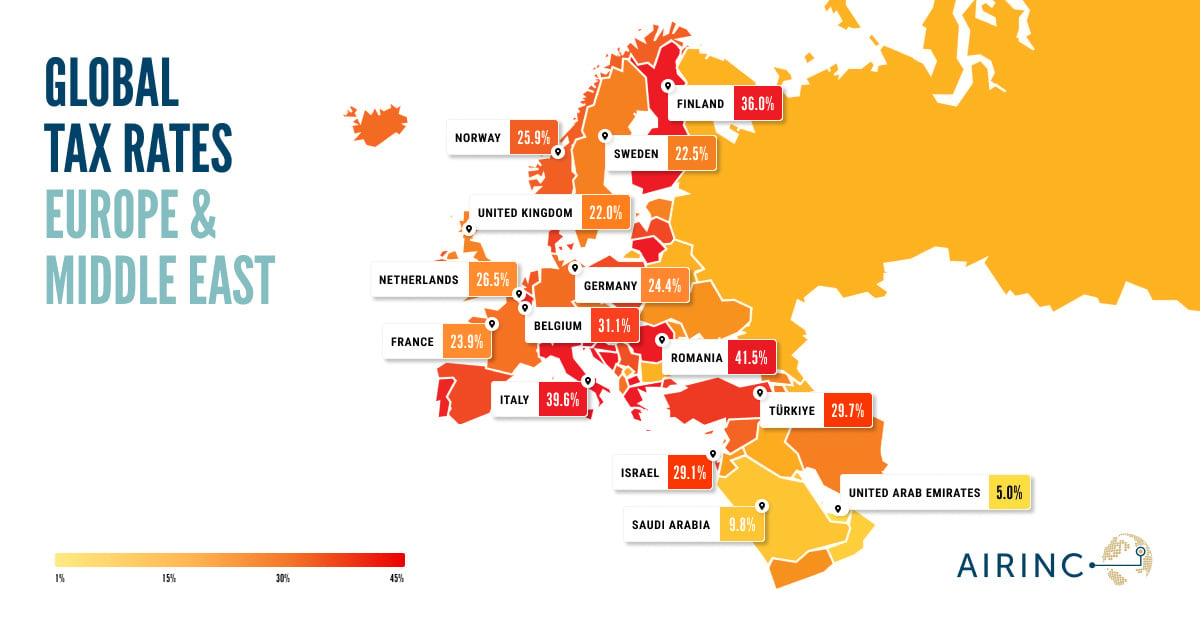New U.K. Tax Update for Global Mobility
The new UK Chancellor of the Exchequer, Jeremy Hunt, released the U.K. Autumn Statement on November 17th. There are several new tax proposals that will impact global mobility programs so here we provide an update to our last blog.
In contrast with his predecessor, Kwasi Kwarteng, the tax proposals are generally tax increases (read more from here). There are numerous tax increases, including an increase in the corporate tax rate for certain companies, especially in the banking sector.
For the global mobility impact, the key tax increases involve lowering the threshold at which the top tax rate of 45% applies. The threshold will be reduced from GBP 150,000 to GBP 125,140 for the 2023/2024 tax year. The new threshold conveniently matches the level of income at which the phaseout of the personal allowance comes to an end. The net effect of lowering the threshold for the 45% tax rate is a maximum of GBP 1,243 for higher income taxpayers.
The other notable development for individual taxpayers is that the following will be frozen until April 2028:
- Personal allowance
- Threshold for the basic tax rate
- National Insurance thresholds for both employees and employers
The last time the personal allowance and basic rate threshold were updated was with the 2021/2022 tax year. British taxpayers will have seven years without any inflation-indexing tax adjustments. As a result, there will be ‘bracket creep’ where U.K. tax liabilities will tend to increase over time as salaries are increased for inflation. We are still looking for how Scotland and Wales will respond with their ‘devolved’ individual tax rates. They plan to announce their tax rates for 2023/2024 in December.
We closely monitor tax and regularly publish updates via this blog.
Why not subscribe? Just register above.
If you have more global mobility tax questions, reach out now!




%20(59)%20(1).png)

%20(77)%20(1).png)

